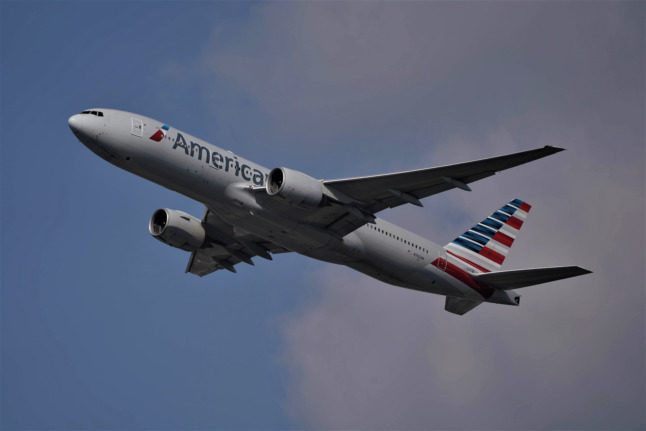“If the result of the election is that the French are going to withdraw from Afghanistan by the end of the year, that’s unnerving because we’re well on our way to getting Afghanistan right,” Senator Lindsey Graham told AFP.
Hollande was elected president on Sunday, ousting incumbent Nicolas Sarkozy after pledging to pull French troops out of Afghanistan by the end of this year, ahead of an agreed NATO timetable.
Hollande has also vowed to renegotiate an EU fiscal pact, but Graham stressed that excessive taxation and spending would only worsen Europe’s fiscal crisis, not improve it.
“If the result of the French election is you don’t need to reform entitlement, good luck to Europe, because the euro is going to fail if somebody doesn’t step up to the plate and bring some economic balance,” Graham added.
“Germany and other European nations are not going to subsidize the euro with that kind of attitude,” he said, and Americans would be wrong to “take the message from the French government that we should be growing government and taxing more.”
Senior Senator John McCain described Hollande’s win as “a rejection of the austerity policies” which could lead France into “direct tensions” with Germany.
McCain, the top Republican on the Senate Armed Services Committee who lost the 2008 White House race to now-President Barack Obama, also expressed concern that France might pull its troops from Afghanistan.
“What I worry about is our military-to-military relations,” he said.
“We’ve worked very closely with the French in a number of areas, and we want to try to reaffirm that. I’m not sure you’ll get that out of this president.”
But McCain insisted that “we respect the view and verdict of the French people,” noting that many voters in France were displeased with Sarkozy’s governing style.
“We look forward to working with Mr Hollande and I hope we will continue our close military relationship.”
Republican senator John Boozman, who chairs the bipartisan “French caucus” in Congress that deals with issues of mutual concern, also gave a cautious reception to Hollande.
“We’re just kind of watching how it develops,” he said. “But we’re looking forward to continued dialogue.”
Obama called Hollande hours after his win and invited him to the White House next week ahead of the NATO and G8 summits in the United States.


 Please whitelist us to continue reading.
Please whitelist us to continue reading.
Member comments